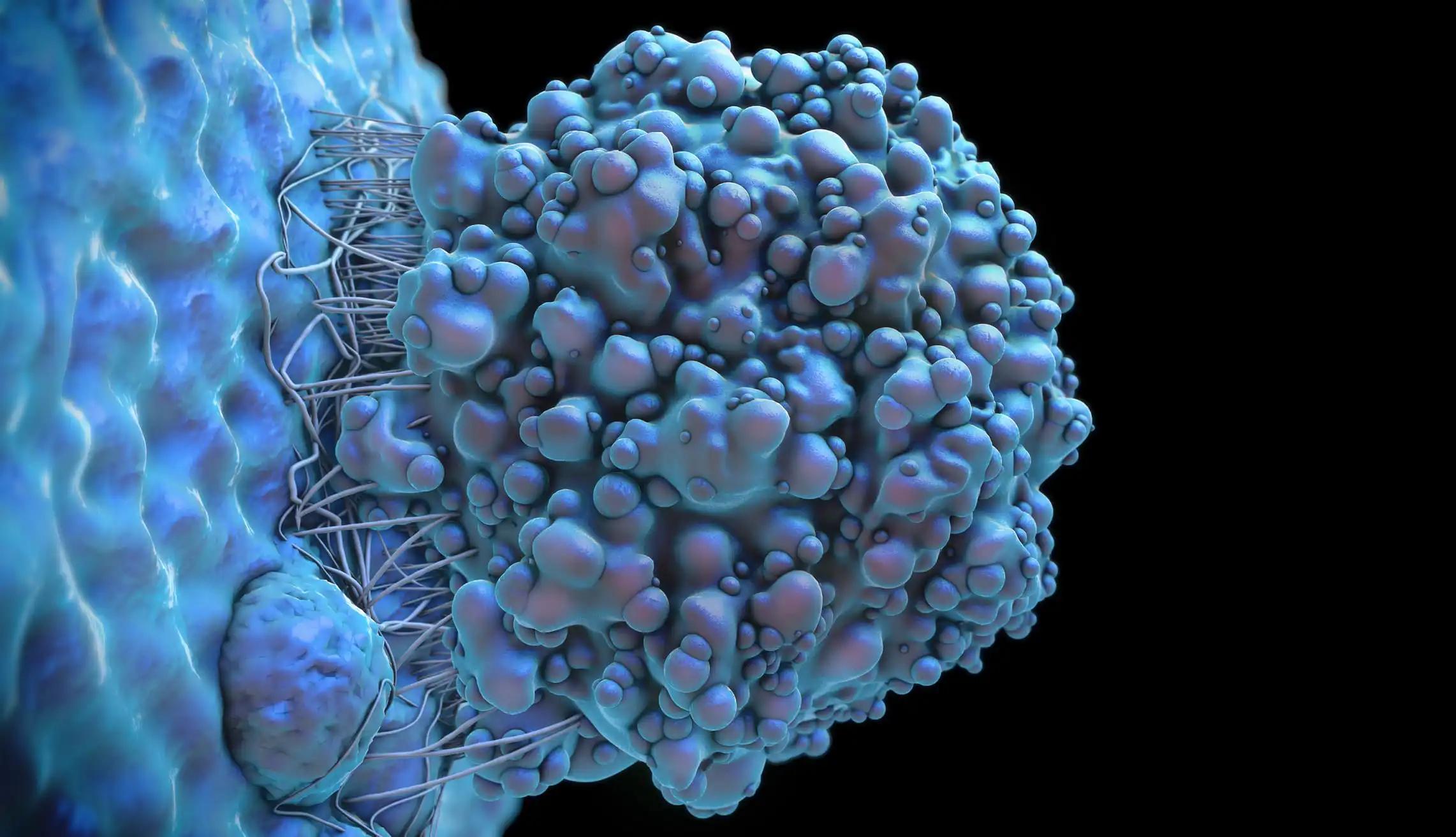KEY TAKEAWAYS
- The phase 3 KEYNOTE-598 study (NCT03302234) investigated the use of pembro+ipi in pts. with previously untreated mNSCLC with a PD-L1, TPS of 50% or higher, and without EGFR/ALK genomic alterations.
- The study also included a prespecified PRO analysis, which evaluated the impact of treatment on HRQoL and TTD in lung cancer symptoms, such as cough, chest pain, and dyspnea.
- The study found no significant difference between the pembro + ipi and pembro + placebo groups regarding HRQoL or TTD in lung cancer symptoms.
- The study did find a higher incidence of treatment-related (AEs), fatal AEs, and AEs leading to discontinuation in the pembro + ipi group compared to the pembro + placebo group.
For patients with untreated metastatic NSCLC and a PD-L1 tumor proportion score (TPS) of ≥50% and no EGFR/ALK genomic alterations, the combination of pembro + ipi and pembro + placebo did not improve overall survival (HR, 1.08; 95% CI, 0.85-1.37; P = 0.74) or progression-free survival (PFS, 1.06; 95% CI, 0.86-1.30; P = 0.72). Pembro + ipi had a higher incidence of treatment-related adverse events (AEs) of grades 3-5, fatal AEs, and AEs leading to discontinuation, compared to pembro + placebo. Here, researchers report on the patient-reported outcome (PRO) analyses for KEYNOTE-598 planned. Patients (n = 568) with advanced non-small cell lung cancer (NSCLC) and PD-L1 TPS ≥50% were randomly assigned to receive either pembro 200 mg Q3W for up to 35 cycles + ipi 1 mg/kg or placebo Q6W for up to 18 cycles. At cycles 1–7, every 3 cycles from cycles 18–19, and every 4 cycles from cycles 20–35, the EORTC QLQ-C30, QLQ-LC13, EQ-5D-5L, and NSCLC-SAQ were given. Time to true deterioration (TTD) in the composite endpoint of cough (LC13), chest pain (LC13), or dyspnea (C30), and change from baseline in global health status (GHS)/quality of life (QoL) score from the QLQ-C30 were secondary objectives in KEYNOTE-598. A constrained longitudinal data analysis model under the missing at-random assumption was used to examine the change in GHS/QoL from the baseline.
A Cox proportional hazards model and a stratified log-rank test were used to analyze the significance of the observed difference in TTD. All patients who completed at least one PRO assessment and received at least ≥1 dose of study treatment had their PROs analyzed. P values are nominal, two-tailed numbers. There were 280 patients in the pembro + ipi group and 280 patients in the pembro + placebo group as of the data cutoff date (September 1, 2020). At baseline, the QLQ-C30 completion rates were 95.7% in the pembro + ipi group and 96.1% in the pembro + placebo group. By week 18, these numbers dropped to 63.6% and 70.0%, respectively. At week 18, the QLQ-LC13 completion rate was 63.6%, down from 69.6% at week 2. Throughout the study period, there was no significant difference between the groups regarding mean QLQ-C30 GHS/QoL scores at baseline (62.8 in the pembro + ipi group and 64.2 in the pembro + placebo group). There was no statistically significant difference between the groups in terms of the mean (95% CI) change in GHS/QoL scores from baseline to week 18 (pembro + ipi: 3.7 [0.96.5]; pembro + placebo: 4.1 [1.46.9]). The hazard ratio was 0.98 (95% confidence interval [CI], 0.74-1.30]; P = 0.91 for the composite of cough, chest pain, and dyspnea in the pembro + ipi group versus 20.0 (95% CI, 12.7-NR) months in the pembro + placebo group. Patients with untreated metastatic NSCLC and PD-L1 TPS ≥50% showed no difference in health-related QoL or time to symptom resolution (TTR) between pembro + ipi and pembro + placebo.
Source: https://meetings.asco.org/abstracts-presentations/200610
Clinical Trial: https://clinicaltrials.gov/ct2/show/NCT03302234
Mehmet Nahit Sendur, Martin Reck, Delvys Rodriguez-Abreu, Keunchil Park, Dae Ho Lee, Irfan Cicin, Perran Fulden Yumuk, Francisco J Orlandi, Ticiana A. Leal, Olivier Molinier, Nopadol Soparattanapaisarn, Adrian Langleben, Raffaele Califano, Balazs Medgyasszay, Te-Chun Hsia, Gregory Alan Otterson, Lu Xu, Thomas A. Burke, Ayman Samkari, Michael J. Boyer/Health-related quality of life for pembrolizumab (pembro) plus ipilimumab (ipi) versus pembro plus placebo in patients with metastatic NSCLC with PD-L1 tumor proportion score ≥ 50%: KEYNOTE-598/J Clin Oncol 39, 2021 (suppl 15; abstr 9038) DOI10.1200/JCO.2021.39.15_suppl.9038



